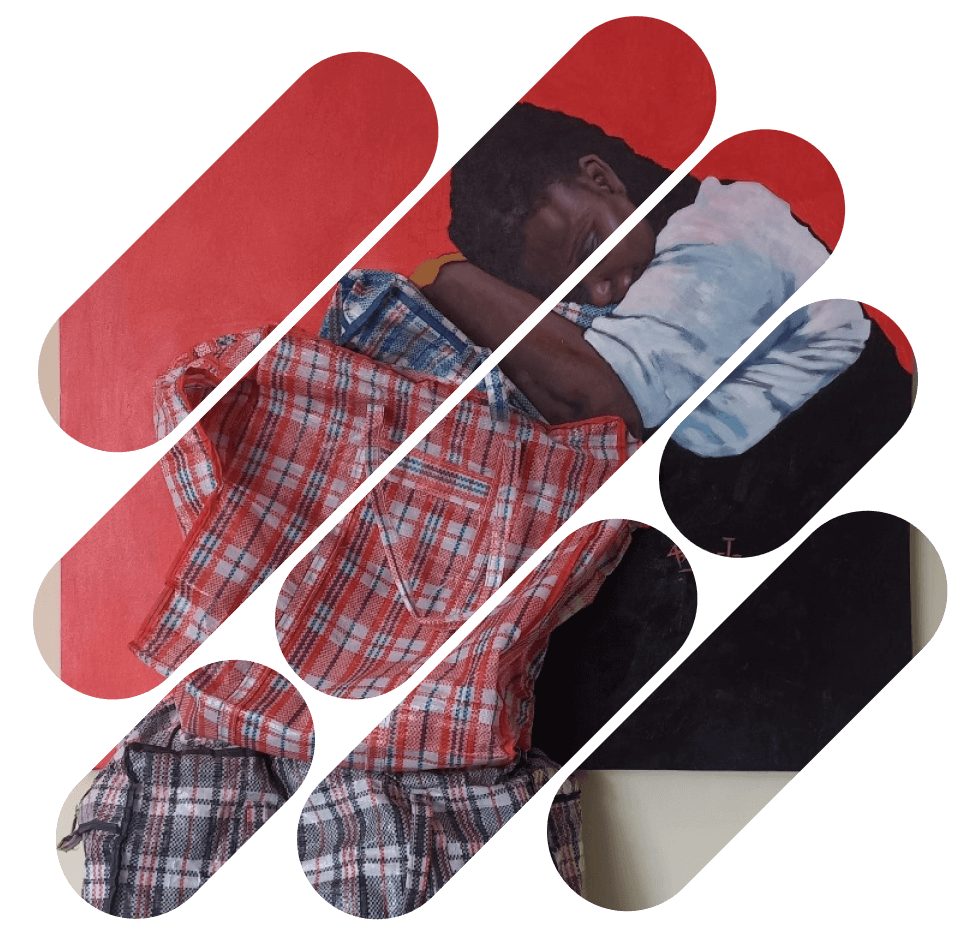Featured Content
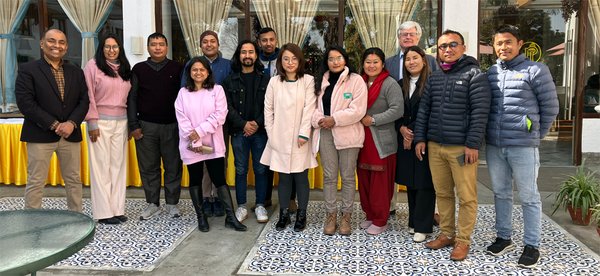
Impact
Working with migrants and migrant organisations in Nepal
Working with migrants and migrant organisations in Nepal
Read more
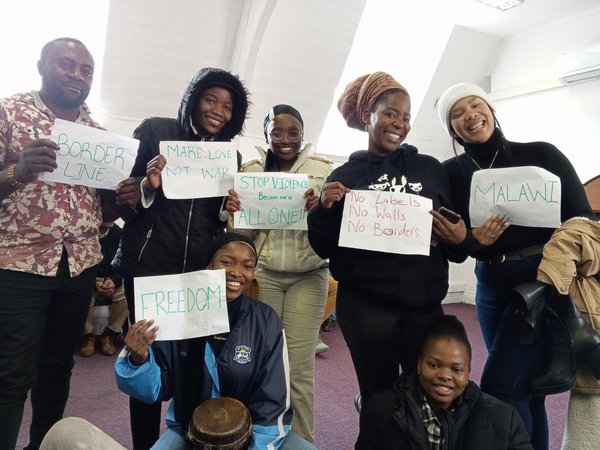
Impact
Migration and arts intervention story in South Africa
The Migration & Art pilot intervention, conducted by the MIDEQ South Africa team and Arts, Creative Resistance, and Well-being work package, took place in Cape Town. Researchers from the University of Cape Town collaborated with artists, local organisations, and immigrants to translate research findings on the Ethiopia-South Africa migration corridor into a musical drama.
Read more
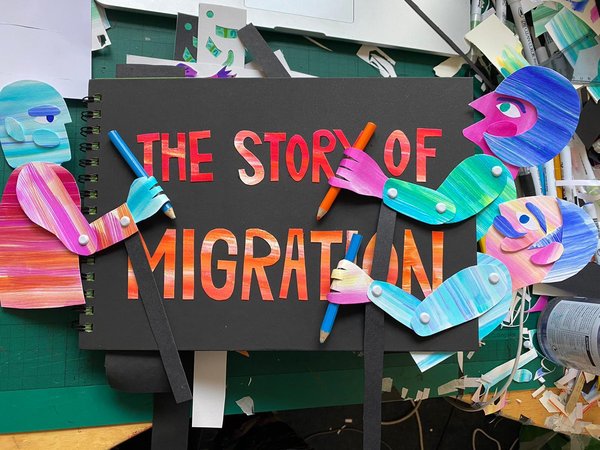
Impact
The Story of Migration animation
The Story of Migration is a seven-minute animation produced in collaboration with MIDEQ partner PositiveNegatives and illustrated by artist Karrie Fransman. The animation is based on a script written with MIDEQ Hub partners in 11 countries and across various disciplines.
Read more
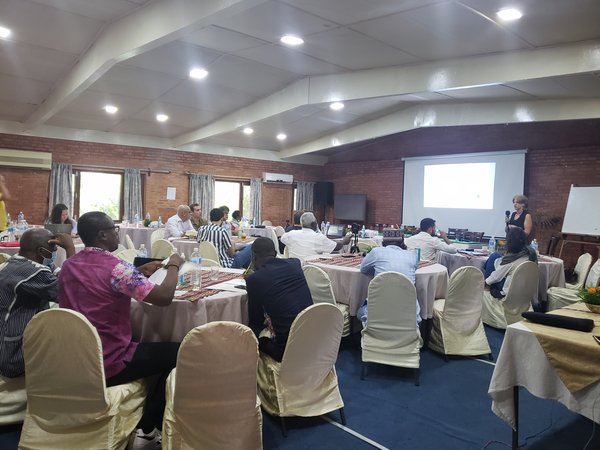
Impact
Impact Interventions: building capacity
This pathway represents MIDEQ’s contribution to addressing some of the most critical problems identified at the proposal stage, namely the lack of data and research...
Read more
